Description
Citric Acid: More Than Just a Sour Taste
Citric acid, a ubiquitous organic acid, is far more than just the reason your lemons taste so tart. From flavoring your favorite beverages to cleaning your bathroom, this versatile compound plays a vital role in countless aspects of our lives. While most associate it with citrus fruits, citric acid’s journey from its natural sources to its diverse applications is a fascinating story worth exploring.
A Natural Powerhouse: Where Does Citric Acid Come From?
As the name suggests, citric acid is found naturally in citrus fruits like lemons, limes, grapefruits, and oranges. These fruits are exceptionally rich in the compound, contributing to their distinctive sourness. However, citric acid isn’t limited to the citrus family. It’s also present in smaller amounts in other fruits, vegetables, and even some animal tissues.
Interestingly, the vast majority of commercially produced citric acid isn’t extracted directly from fruit. While this was the original method, it proved inefficient. Today, citric acid is primarily produced through a fermentation process involving certain strains of the mold Aspergillus niger. This process is more efficient and cost-effective, allowing for large-scale production to meet global demand.
The Science Behind the Sour:
Citric acid is a weak organic acid with the chemical formula C₆H₈O₇. Its sour taste is due to its ability to donate protons (H+) in solution, contributing to the acidic environment perceived by our taste buds. Beyond its flavor-enhancing properties, citric acid also acts as a natural preservative and antioxidant.
A Multitude of Applications:
The versatility of citric acid has propelled its use into a wide range of industries:
- Food and Beverage Industry: This is perhaps the most well-known application. Citric acid is used as a flavoring agent in soft drinks, candies, fruit juices, and other processed foods. It also acts as a preservative, inhibiting the growth of spoilage bacteria and extending shelf life.
- Cleaning Products: Thanks to its acidity, citric acid is a powerful cleaning agent. It can effectively dissolve mineral deposits, rust, and hard water stains in bathrooms, kitchens, and even appliances like coffee makers and dishwashers. Many eco-friendly cleaning products utilize citric acid as a natural alternative to harsh chemicals.
- Pharmaceutical Industry: Citric acid is used as an excipient in pharmaceuticals, helping to stabilize medications and improve their palatability. It is also used as an anticoagulant to preserve blood for transfusion and as an active ingredient in certain skincare products.
- Cosmetics and Personal Care: Citric acid finds its way into cosmetics as an antioxidant, preservative, and pH adjuster. It can help improve skin tone, reduce the appearance of fine lines, and exfoliate dead skin cells.
- Industrial Applications: Beyond its culinary and cosmetic uses, citric acid is also used in various industrial applications, including metal cleaning, textile dyeing, and as a buffering agent in chemical reactions.
Is Citric Acid Safe?
Generally, citric acid is considered safe for consumption and use. However, some individuals may experience mild side effects, such as:
- Tooth Erosion: Frequent exposure to acidic substances, including citric acid-containing beverages, can contribute to tooth enamel erosion over time.
- Skin Irritation: In some cases, concentrated citric acid solutions can cause skin irritation, especially in individuals with sensitive skin.
- Gastrointestinal Issues: In rare cases, high doses of citric acid may cause gastrointestinal discomfort.
Conclusion:
Citric acid is more than just a component of sour fruits; it’s a versatile and widely used compound with applications spanning various industries. From enhancing the flavor of our foods to cleaning our homes and stabilizing medications, citric acid plays a crucial role in our daily lives. While generally safe, understanding its potential effects can help us utilize this natural powerhouse responsibly and reap the benefits it offers.

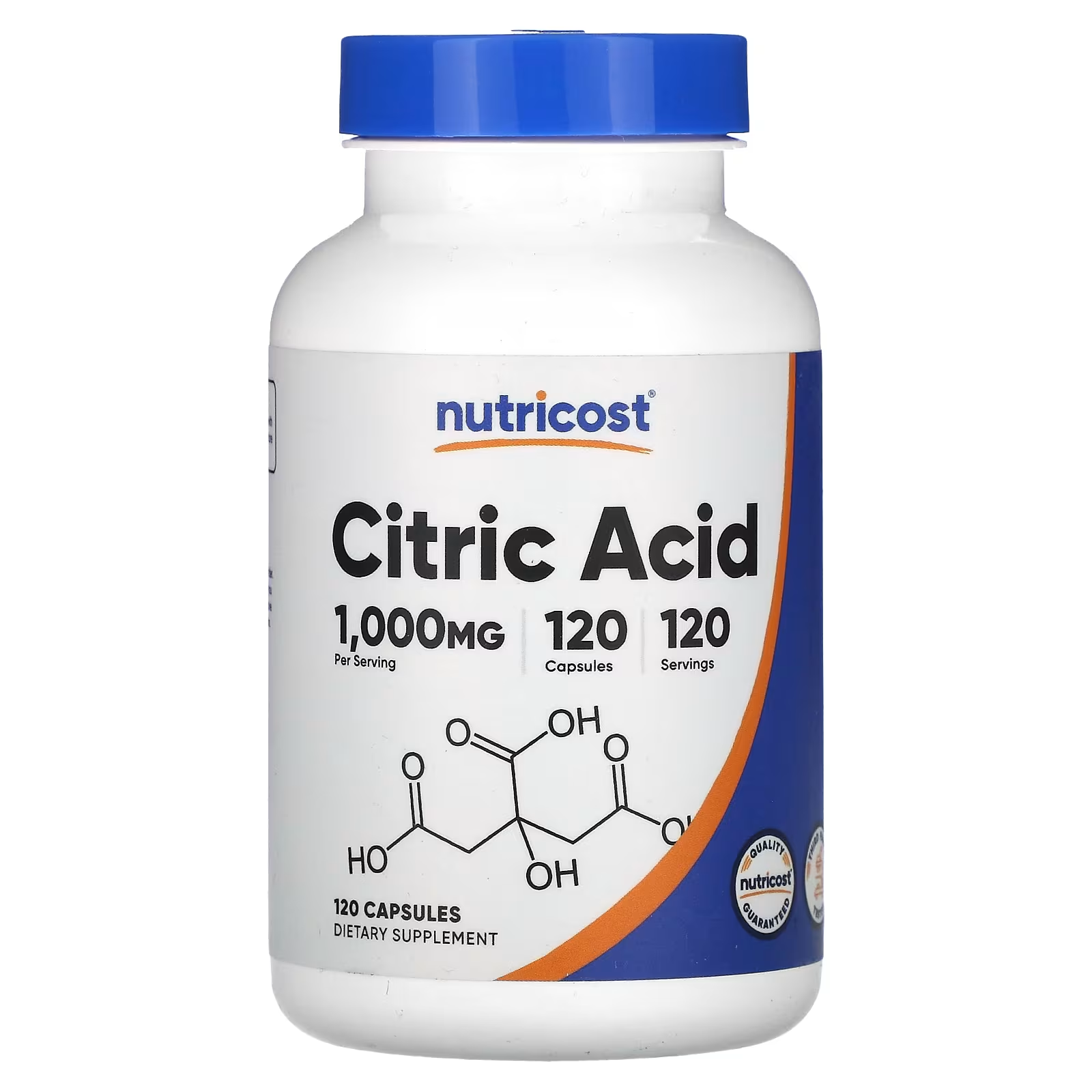

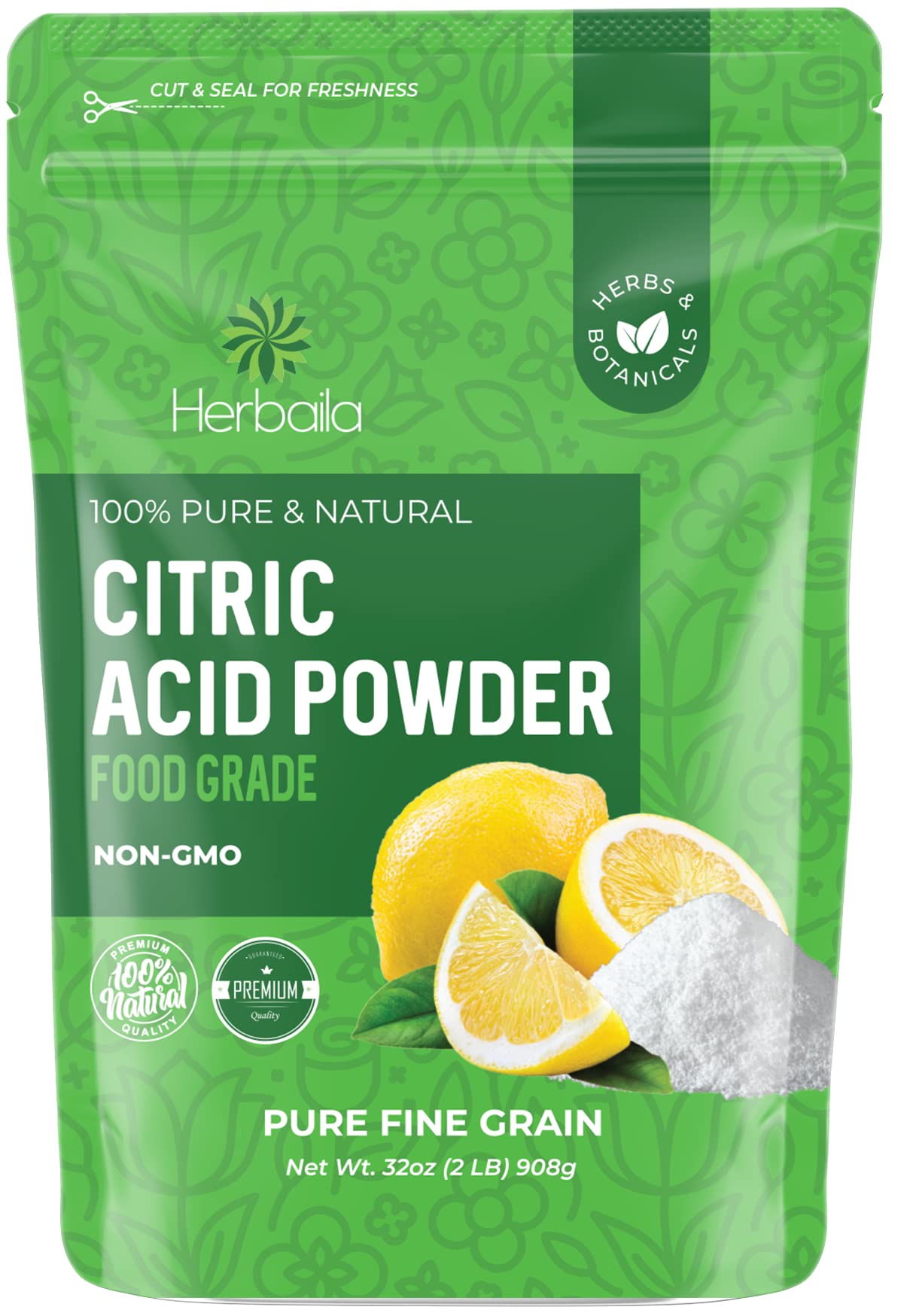

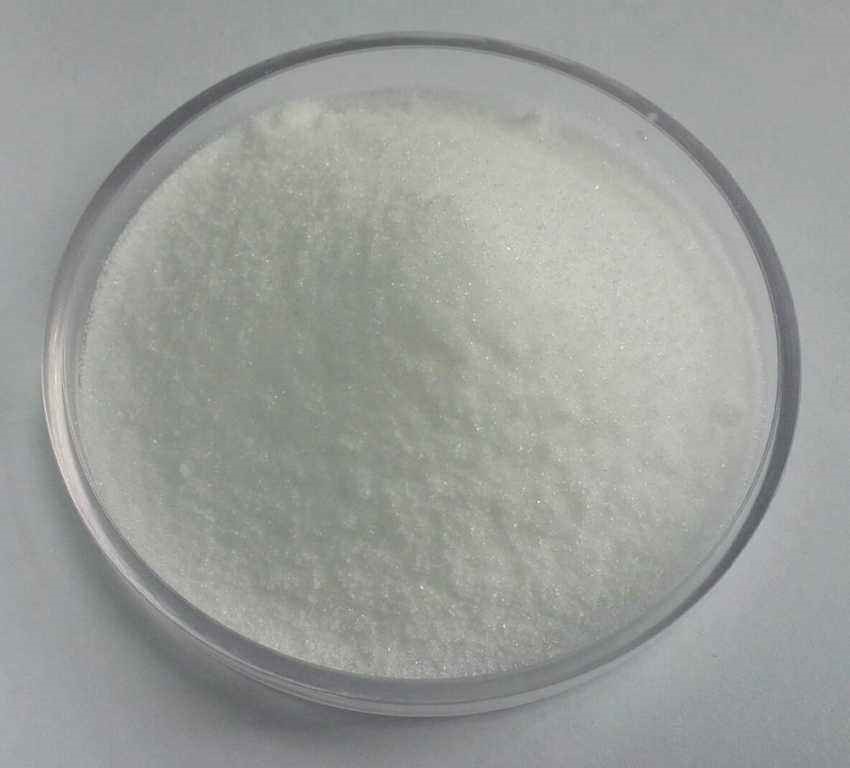
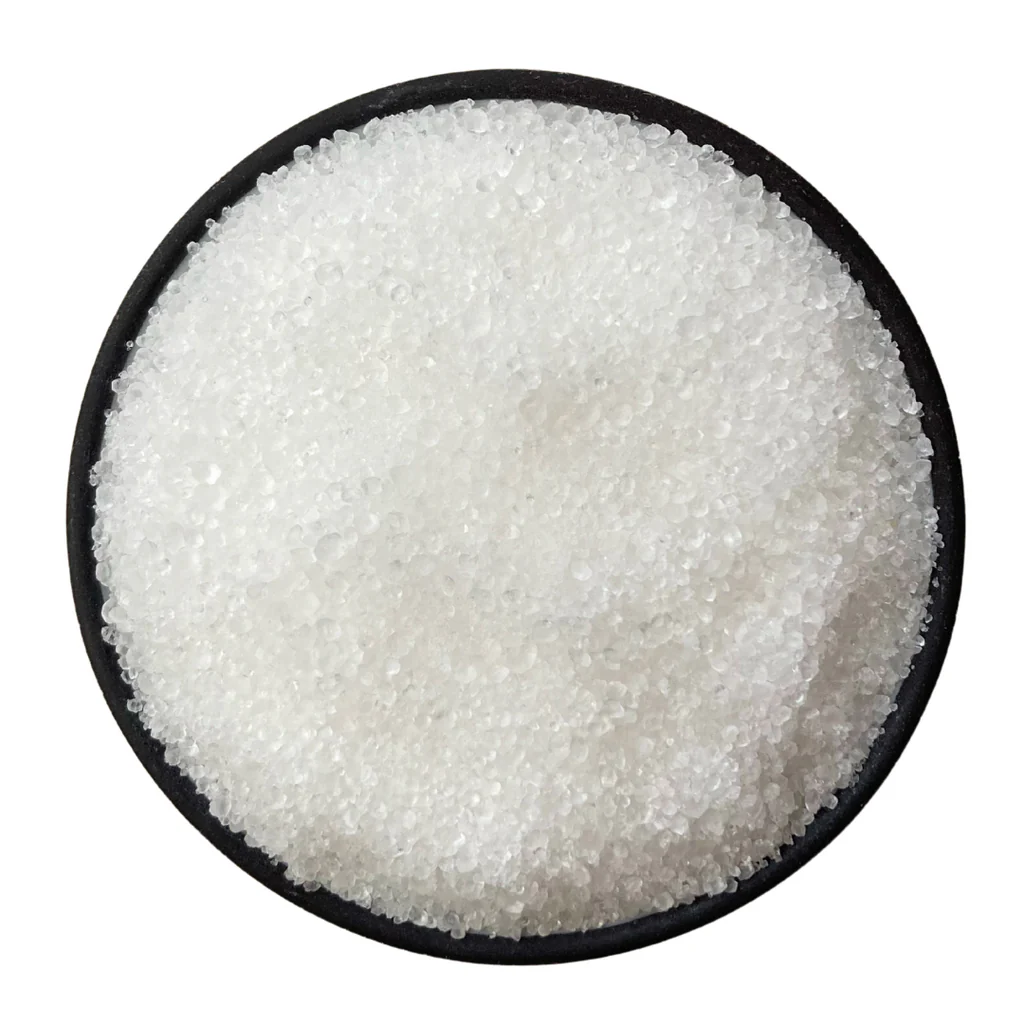

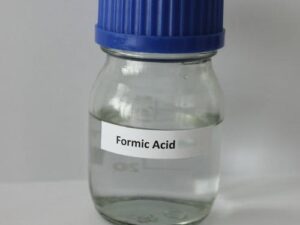

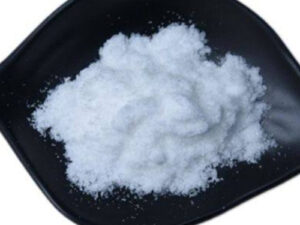

Reviews
There are no reviews yet.